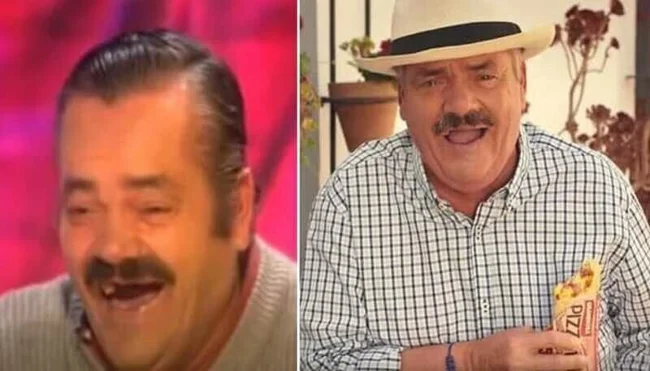12 examples of how laughter is depicted in different languages (13 photos)
For us it’s “ha-ha-ha”, for others it’s KKK and even 555: how people in different parts of the world write that they find it very funny. 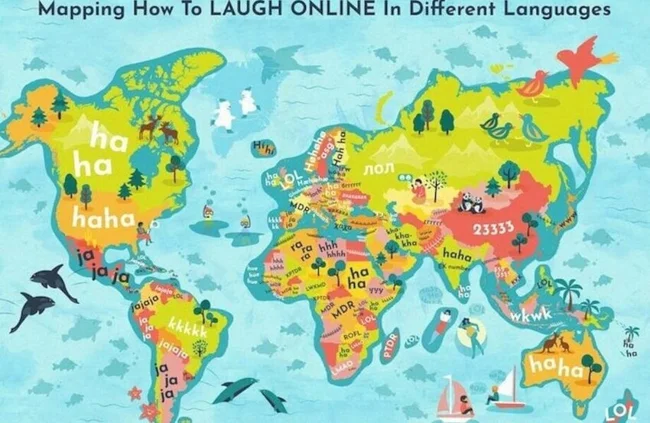
So, let's start: when we find it funny, we write “ha-ha” in messenger or social networks, younger generations often use “lol” (from English laughing out loud, or LOL, which means “laugh out loud”). How do they laugh in other languages?
English, in which everything is simple: haha or LOL, also often native English speakers write LMAO
LMAO is also an acronym popular in internet slang. It means very strong laughter. 
The French write MDR
These letters stand for Mort de Rire, which literally means “to laugh to death.” 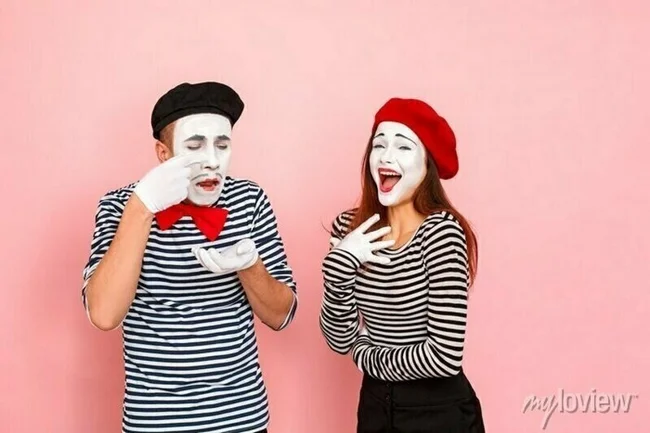
When Indonesians find it funny, they write wakaka, wkwk, and also xixi 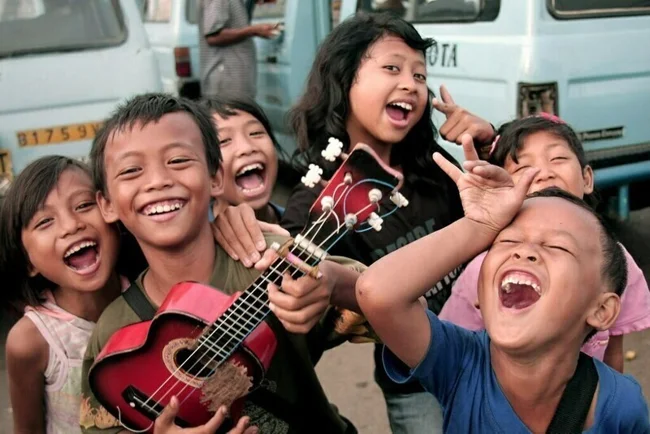
Italians laugh online ahahah or eheheh 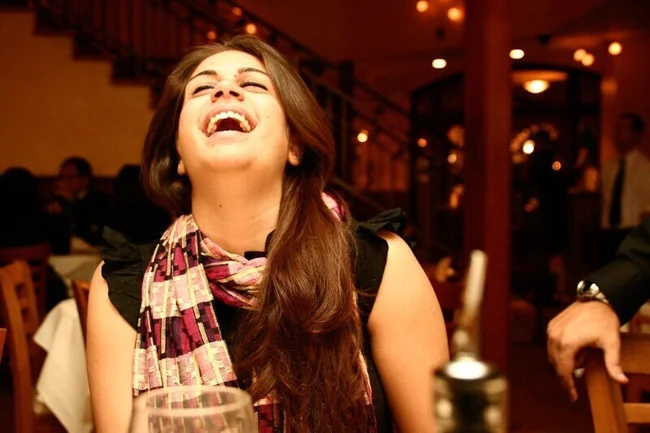
In Korean, laughter is represented by the characters ㅎㅎㅎ or ㅋㅋㅋ
It is especially interesting how laughter is indicated in languages where the writing is not based on the Latin alphabet. In fact, the set of hieroglyphs ㅋㅋㅋ is pronounced like KKK, so that’s how Koreans write their emotions in Latin, kkk. 
Koreans are not alone in their kkk: in Portugal, laughter is also designated as kkkk 
In Poland they write either ha-ha, which is understandable to many, and when it’s very funny, then heheszki 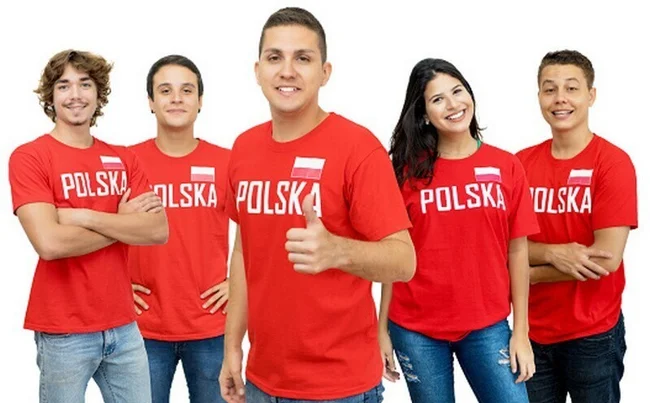
Thais write when they find it funny 555, and at first glance it’s very strange
But in fact, in Thai the number 5 sounds like “ha”. 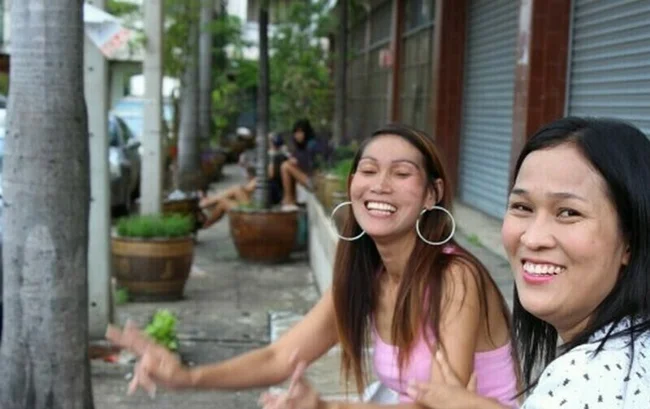
In Turkey, in addition to the usual ha-ha, there are also jsjsjs
But this is not the only onomatopoeia of laughter; Turks can also write weqeqwqewqew. And in Turkish there is another way to express that you find it very funny: this is a completely random combination of keys. Then you get a completely meaningless set of letters in the spirit of fdgfhşagjg: apparently, the interlocutor fell on the keyboard laughing. 
The most popular among the Vietnamese is hihihi.
And their laughter is conveyed with different emotions. For example, hê hê will mean a proud laugh, but to laugh modestly and weakly, two hì hì are enough. They also have khà khà khà. 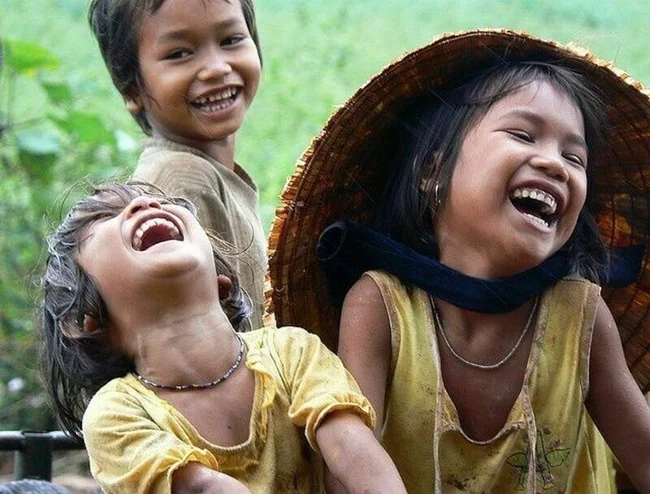
People laugh online in Japan www
In general, they use the hieroglyph 笑い to denote this emotion, and it sounds like warai, but the Japanese like to simply shorten it to www. 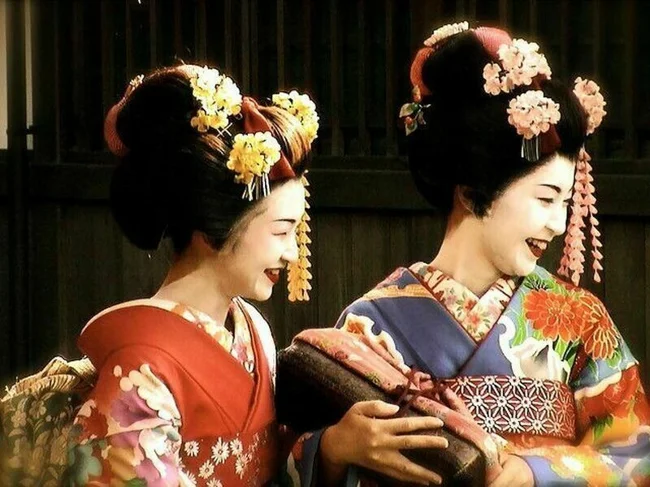
The Spaniards laugh jajaja, and the longer the ja, the funnier it is 